The following text is a sort of appendix to the critical review of Julio Cabrera’s book Introduction to a Negative Approach to Argumentation – Towards a New Ethic for Philosophical Debate. If you somehow got here before reading the main text , please read it first, otherwise it would be counterproductive.
In this text I focus on the ‘negative approach to argumentation’ potential implication of being so tolerant towards others’ views to the point of Ethical Subjectivism and Moral Perspectivism.
Cabrera understands that his approach may be interpreted as a form of, or at least as an intensification or indirect support of Moral Skepticism, Ethical Subjectivism, Moral Relativism and even Moral Nihilism, so he tries to explain why it is none of the above.
Regarding Moral Skepticism he writes:
“the negative approach is neither dogmatic nor skeptical; its attitude is eminently pluralistic. Contrary to dogmatism, the negative approach does not accept any unique or absolute truth about any matter whatsoever. But, contrary to skepticism, it does not think that this is a reason to suspend judgment or abandon philosophy. The negative approach is pluralistic in the sense of considering–against skepticism–that every philosophy succeeds in achieving truth in some aspect of it; but–against dogmatism–this does not mean that all other philosophies are false and must be discarded. In the negative approach, dogmatist philosophies do not fail, they all succeed; but, against dogmatism, such success does not eliminate other philosophies, also successful in their own terms. The negative approach adopts pluralism against dogmatic and sceptic monism.” (Page 167)
Regarding claims that his negative approach is a form of Nihilism he argues:
“Different from nihilism and frivolity, the negativist position firmly and seriously (and tragically) believes in the value and interest of the line of argumentation being sustained, connected to some specific Gestalten, even though–unlike the affirmative approach–it no longer believes that this is the unique true line, and that the alternatives are simply wrong and must be defeated. No line of argument can refute another by the mere fact of being sound, because many lines of arguments about the same matter are sound, even when opposed to each other.” (Page 183)
I agree that his stances are not skeptic or nihilistic as he doesn’t claim that it is impossible to validate moral stands nor that moral stands are all wrong or irrelevant or meaningless as it is according to moral theories such as Moral Skepticism, Moral Nihilism, Emotivism and Error Theory. If anything it is to the contrary, it seems that according to him, not none but every moral stand is valid as the next one, as long as it is honest, and can be rationally explained from the position and perspective (Gestalten) of its holder. Therefore it would be wrong to infer that all moral stands are wrong such as in Error theory and Moral Skepticism, or that moral stands are meaningless as in Moral Nihilism. However it can be inferred that arguing about different moral stands is meaningless since they are all right from the perspective of their different arguers. So, if anything, his approach is more a form of Moral Relativism and Ethical Subjectivism, but not in a sense that moral statements can’t be true or false, but rather that they are always relative to a certain perspective. In fact, he explicitly claims that his negative ethics is perspectivistic.
And indeed it is hard not to consider statements such as ‘philosophies do not fail, they all succeed in their own terms’, as a form of Moral Relativism, Ethical Subjectivism and Moral Perspectivism.
And even more so claims such as these:
“The pluralism of the negative approach is mostly based on the Gestalt theory–traditionally a theory of perception–applied into the field of concepts, as was explained in previous chapters (particularly in Chapter 4). The negative approach states that the parties in a discussion are never speaking of strictly the same thing; it is highly unlikely that two arguers have exactly the same premises and the same Gestalten about everything. This also means that there is no “contradiction” between them in a strictly formal sense: if two parties come to the results A and non-A, it is not difficult to show that the premises, the argumentative process and the forms of sequitur employed by A are not the same as the premises and forms of argument of non-A. But because of this, there is no full communication between them either but, at most, some sort of interaction, where each party pays attention to and selects particular pieces of sectors of the other party’s statements. Both partially overlap generating a fragmentary and self-centered understanding of the subject being discussed.” (Page 167)
And:
“The philosophical ideas that appear on our horizon are never direct records of reality; rather, they are inevitability organized in a particular way; they allow some things to be seen and produce complete blindness for others.” (Page 167)
And:
“Philosophical ideas are formulated in a particular way and shape, in relation to proximity, similarity and combination just like in the field of perception. When we try to persuade another person of our point of view, we try to change their organization of objects, but these attempts deal frequently with insuperable limitations; so that, after all, each of the parties firmly keeps their own Gestalt rather than accepting the other’s.” (Page 168)
It is hard to see how that doesn’t result in Moral Relativism and/or Ethical Subjectivism.
Obviously we can disagree with Cabrera’s premises in the above paragraph, but if we accept them, then it is not clear why this approach, in the most far reaching case, is excessively tolerant towards alternative views, and not simply absolutely tolerant towards any other view, as according to him, each point of view is actually an expression of a particular way and shape that objects are organized by people. So, if there is no right or wrong Gestalt how can there be a right and wrong philosophical idea that is derived from each person’s unique Gestalt?
And if “the philosophical ideas that appear on our horizon are never direct records of reality; rather, they are inevitably organized in a particular way; they allow some things to be seen and produce complete blindness for others”, how can anyone judge any philosophical idea? If no one has access to reality as it is, and everyone has blind spots, no one can judge anyone’s philosophical ideas. Where is the room for criticism under this formulation? How can anyone negate any standpoint? How can anything be wrong and right? How can anything be defined as cruel or harmful as it all depends on each agent’s Gestalt? And once a person follows the rules mentioned in the main text , basically everything goes, no matter how harmful and cruel it may be.
Cabrera’s approach is not Moral Nihilism or Moral Skepticism as he acknowledges the existence of moral values and their meaning, only that according to him they are relative. And not relative to particular social norms as Moral Relativism suggests, but relative to the particular perspective of each arguer, and so it is hard not to view it as Ethical Subjectivism or Moral Perspectivism. What ground does ethics have if anyone can do anything one wants as long as it can be explained according to that person’s Gestalt?
Cabrera tries to explain why nevertheless it isn’t:
“Gestalten, as conceptual organizations and perspectives, are neither “objective”–in the sense of completely external and independent from all human organization–nor “subjective”, in the sense of purely psychological, internal, personal, or private constructions. When looking at the famous images of gestalt theory (the duck and the rabbit, the old and the young ladies, the two jars and the two faces), we can see that all of them are perfectly objective, no matter which side is being selected for observation. Anyone can visualize the other figure by making a perceptual effort. The two figures are over there, they are real and not illusory, but they heavily depend on some perspective in order to be seen; these objective things can only be seen from a particular perspective, but this does not turn them “subjective”.
Therefore, there is a midpoint between objectivity and subjectivity to be explored, a kind of objectivity mediated by perspectives, an objectivity that is only possible through some kind of look on reality that everybody can, in principle, assume. Figures do not appear without some effort–perceptive or conceptual–but once the figure appears, it is perfectly objective. ” (Page 168)
This explanation is rather ambiguous in my view. And it doesn’t seem to be consistent with his former claims. If the midpoint between objectivity and subjectivity is where everyone can visualize the other figure by making a perceptual effort, then it is not accurate that there are blind spots. How is this claim compatible with his claims regarding blind spots? If there is something that I can’t see, how can I assume it? and if I can, why can’t I treat it as objective given that his criteria for objectivity is if there is ‘a kind of objectivity mediated by perspectives based on the possibility of everybody, in principle, to assume other perspectives’? If there is a kind of objectivity mediated by perspectives, an objectivity that is only possible through some kind of look on reality that in principle, everybody can assume, regarding philosophical positions; why can’t we assume it regarding philosophical discussions? Why can’t we try to show our opponent our look on reality given that everybody can, in principle, assume it, and therefore expect that person to be convinced by our arguments? If what can turn a seemingly subjective perspective into an objective one is that everyone can visualize the other figure by making a perceptual effort, then why can’t we treat it as objective during a debate? If objectivism is possible, we must make efforts and reach it. If it isn’t, then we have subjectivism. If after being exposed to my opponent’s thought process, I am not convinced by the arguments, then either they are wrong, or the premises are wrong, or my way of thinking is wrong; but it can’t be that they are all right. And if they are, then how is it not Ethical Subjectivism?
At most, Cabrera offers a psychological explanation for why so many discussions end in an impasse. But I fail to see the philosophical explanation for that claim.
I may understand why someone is sure that s/he has a right to eat another animal, but I fail to understand how any psychological explanation for that position can somehow provide a valid philosophical justification for that position.
Had Cabrera only argued that it is impossible to convince someone with a different Gestalten, I would have unfortunately mostly agree, but his argument is way more subjectivist and ethically dangerous, as he argues that someone with a certain Gestalten is right just as anyone else with a different Gestalten. It may be true that it is hard to convince a psychopath that harming others is wrong, but it is a whole different story to argue that a psychopath is right from its own Gestalten.
In any case, his reference to the point is too minimal in my view, as obviously it is an extremely important issue.
Regarding Moral Relativism he writes:
“Philosophical communities in general are more afraid of relativism, of the possibility of different and opposite positions all being true (the frightening “anything goes”), than of the opposite idea–absolutism–according to which just one position is true (our own, of course) and all the others are wrong (“only one goes”). As we saw before, changing perspectives is seen as irresponsible and dangerous by many. But this is controversial because the connections between dogmatism, fanaticism and tyranny have been blatantly evident through all human history. Totalitarianisms have historically been based on absolute certainties rather than on sceptical doubt. Totalitarianisms were never sceptical; on the contrary, fanatic people believe without restrictions in some absolute and unchangeable truth. Meanwhile, the negative approach does not assume any kind of “subjective relativism”; it could be better defined as an objective or Gestaltic relativism. Argumentation relies on Gestalten, but Gestalten are objective. It could also be said that the negative approach adopts a sort of Gestaltic or perspecitivstic realism.” (Page 168)
I don’t see the difference between “subjective relativism” and “objective or Gestaltic relativism” on the practical level. Under both formulations I am bound to accept the position of the other as being as valid as mine, no mater how cruel and harmful it is.
Secondly, though it is true that absolutism brought and brings horrors with it, so does relativism, only that its pluralistic coating makes it seem as a much better option than absolutism. But actually what is the difference between doing what I want no matter how cruel it is because I am absolutely right and you are absolutely wrong, and doing what I want no matter how cruel it is because I am right from my perspective and you may be right from yours? Consuming animals who are forced to live the worst lives imaginable because speciesism is absolutely right, or because consuming animals is absolutely right for me, doesn’t matter much to the suffering animals. Obviously under totalitarianisms the one in power holds the absolute truth and that’s obviously worse, but under totalitarianisms there is no room for argumentation anyway so it is an irrelevant example. When argumentation is possible, I don’t see the fundamental difference between absolutism and “anything goes” in relation to the option of me convincing my opponents.
It seems as if it is better to believe that everything is true than that there is only one truth, however in relation to argumentation, both lead to a total impasse. In both cases arguing is pointless. If a counter-argument can be found against my argument by someone who believes there is only one truth then the absolute approach leads to an impasse, and alternatively, if by definition a counter-argument is as good and as right as mine then the negative approach also leads to an impasse.
It is not that Cabrera argues that as long as I can’t see things from the other’s perspective and the other can’t see things from mine, I’ll never convince that person (a valid claim which could be categorized as Moral Pessimism), he argues that since I can’t see things from the other’s perspective and the other can’t see things from mine, we are both right. It is not even that we’ll never know who is right, but that we both are. How is that not a form of Moral Relativism or Moral Perspectivism?
But Cabrera rejects the idea that the negative approach is relativist, as well as rejecting moral relativism itself. He makes the common claim that moral relativism is self-refuting for the obvious reason that if all standpoints are relative, then by definition moral relativism can’t be objectively right but only relatively right, and so can’t make the case that everything is relative (if everything is relative then the claim that everything is relative is also relative and not objectively right).
In addition, according to moral relativism, standpoints claiming to be objectively right can’t be refuted by moral relativism as each stand can be right in relation to its own context. So paradoxically, moral relativism confirms stands that contradict it.
But in his view the same does not apply to his negative approach to argumentation theory:
“the more developed answer to the accusation of self-contradiction runs like this: all what was here said about the negative approach to argumentation is also applied to the discussion around affirmative and negative approaches. The negative approach is only a position among others. If this were not the case, the negative approach would really be self-refuting. The discussion between the affirmative and negative approaches to argumentation is inserted within the web of arguments, and it also depends on presuppositions and admits endless counter-argumentation. The fact that the negative approach will always have to face relevant counter-arguments from the affirmative side is exactly what makes the negative approach self-confirming instead of self-refuting. The negative approach accepts self-reference and self-inclusion as a serious commitment, not as a form of literary frivolity. Not only does the negative approach accept self-inclusion but it actually needs to do so; because if it did not include itself in the endless process of argumentation, the negative approach would be indeed self-contradicting and a curious and unjustifiable exception of the negative approach itself.” (Page 175)
If the negative approach is immune to self-refuting it is because it is so general and tolerant that it actually says very little. It is so inclusive that it doesn’t really leave anything out so there is no wonder that it is hard to find it self-refuting as what does it actually argue for that can be refuted? On the face of it, a theory that claims that the other theories are right just as much, and that counterarguments can always be found against any argument, is hard to be refuted because it leaves so much room for every other possible claim, including ones that seemingly contradict it.
It can’t be that a claim that practically claims that other claims might be right just as much, is true, because some of the claims that it confirms refute it. So one of them must be true. He claims that this is not the case because his approach is ready to accept any valid counter-argument. But the fact that an approach is ready for counter-arguments by stating that it is, doesn’t make it resistant to self-refuting, especially since if some counter-arguments that contradict it are true, then it is wrong. To claim that such attempts to contradict the negative approach actually confirm it because that is exactly what it claims – that there would always be counter-arguments, so counter-arguments approve not disprove it – is no more than sophistry.
To avoid self-refuting Cabrera should have claimed that it is not a meta-philosophy but just another claim, but obviously the negative approach can only be understood as a meta-philosophy. If it is just another claim about all the other claims being refutable and therefore so is it, then it can’t be a claim about all the other claims. It is just a mind game, merely a logical performance devoid of meaning.
It can’t be that the claim that there is one truth and the claim that there is no one truth, are both right. If the claim that there is only one truth is right then the one that there is not only one truth is wrong, and if the claim that there is not only one truth is right but all of them are right then the claim that there is only one truth is wrong and also the claim that all the claims are right because as just said, the one that there is only one truth is wrong. The negative approach states that there are no wrong claims but some are claiming that they are the only ones who are right so they must be wrong at least for claiming that, but obviously that would make the negative approach wrong for claiming that there are no wrong claims. In other words, Cabrera’s claim that the claim that everything can be right confirms the negative approach, is paradoxical since ‘everything’, by definition, includes opposite claims that contradict the negative approach.
I can’t see how the negative approach doesn’t repeat the same mistake that moral relativism makes.
The fact that as opposed to relativism the negative approach doesn’t aspire to be universal doesn’t mean it is not refuted when it is refuted.
Cabrera however argues that the very fact that people would argue with him confirms his view:
“It is always possible to counter-argue against the negative approach from the prevailing affirmative perspective. Many readers of this book will certainly have taken abundant notes in order to reply to a great number of my declarations, claims and statements about diverse issues during their reading. They may not have been convinced by my arguments and will also be able to produce many counter-arguments supporting the affirmative approach, to which I can also reply (if I am still alive, if nobody prevents me from doing so, if I am not arbitrarily excluded from the discussion, and so on). But such an endless confrontation between the affirmative and the negative approaches precisely illustrates the negative theses about argumentation. The fact that the affirmative approach will always have many objections to the negative approach makes the point of the negative approach: any debated matter is subjected to endless argumentation, including, of course, the confrontation between the affirmative and the negative approaches to argumentation.
But–somebody could still argue–if this is so, the negative approach was proved to be absolutely true, against its anti-absolutist conviction. Because if the negative approach proves that even dogmatic affirmative philosophies are also Gestalt-dependent, then the negative approach is absolutely true. But this is again an affirmative way to evaluate the situation. In the negative approach, the main thesis of the Gestalt-dependent nature of all philosophies is not an absolute thesis either, because it also depends on presuppositions that other lines of argument could reject or deny. Even the perspectivistic view is perspectivistic. There is not any neutral space where the negative approach could be proven as absolute; but this is the situation of any other theory of argumentation (and possibly of any philosophical theory in general). This shows that both the affirmative and the negative approaches can be endlessly defended and that none of them can eliminate the other. The negative approach is not defended as a universal truth, but as a result of a particular argumentative line which can be proved tenable. But the same happens with the other positions, in spite of their own anxiety for uniqueness.” (Page 175)
To me at least, it is a form of Ethical Subjectivism. It can be formulated more or less as follows:
1. Different people have different perspectives
2. The moral perspectives of people determine what is right according to them, meaning if the moral perspective of a person says that a certain action is right, then that action is right, at least from that person’s perspective
3. There is no objective standard that can be used to judge one moral perspective as better and righter than another. There are no moral truths that apply to all people at all times
4. Any person’s moral perspective has no special status but is merely one among various moral perspectives
5. It is wrong of us to judge other moral perspectives. We should always be tolerant of them
Or in other words, different people have different moral perspectives. Therefore, there is no objective truth in morality. Right and wrong are only matters of perspective, and perspectives vary from person to person.
And if to give a practical example, Pro-natalists believe it is right to procreate, whereas antinatalists believe it is wrong to procreate. Therefore, procreation is neither objectively right nor objectively wrong. It is merely a matter of perspective, which varies from person to person.
But Cabrera insists that the negative approach isn’t a form of Moral Subjectivism:
“Traditionally, subjectivity was conceived as multiple and objectivity as unique. The negative approach subverts this: objectivity is as diversified and multiple as subjectivity. We can reach objectivity in many different ways. The negative approach does not accept a unique objectiveness imposed on everybody in all contexts and lines of thought, independently from presuppositions and perspectives. In the negative approach, each philosophy sees some aspects of the world and they are perfectly objective within their own perspectives. We cannot capture the world from all sides (like God, supposedly), but always from a particular angle. But our perspectives are not “subjective”, in the sense of private and not valid for others. Everybody can see the duck if they are disposed to make the perceptive effort to stop seeing the rabbit; and everybody can see, for example, the death penalty as a revenge if they make the conceptual effort to stop understanding it as an act of justice. But stopping does not mean eliminating; each organization unveils some aspects of the world, but it does not refute the others; it simply offers an invitation to see things in other ways.” (Page 169)
According to this there are no real blind spots but spots who may be intentionally or unintentionally covered, and it is possible to uncover them. In that case why not act so to remove the cover and then go back to the affirmative approach? Why go all the way to Moral Perspectivism?
It feels like Cabrera is trying to have it both ways so to speak. You can’t argue against the affirmative approach claiming that there are different perspectives which are a result of different gestalts and that there are blind spots and that it is impossible to see others’ viewpoints; but when facing subjectivism, argue that it is possible to see others’ viewpoints. If it is possible to see others’ viewpoints if one wants to, then it is a question of will and that makes the case a psychological one and not philosophical. The question of will is a very important question, probably more important than the one raised here, but that is not the issue. The question is can people view things like others do or not. If they can’t then the negative approach is a form of Ethical Subjectivism, and if they can, besides emphasizing what every activist already knows very well – that it is tremendously hard to convince other people, especially when it comes to ethical issues, what is the point and added value of the negative approach?
It seems that all in all, the negative approach to argumentation is a form of ethical subjectivism because it supports the claim that there is no unique viewpoint from which moral norms are rationally compelling and universally binding. The truth of a particular moral stand cannot be evaluated according to an absolute truth, but according to each person’s perspective. There is no point beyond a personal perspective from which we can judge others in a way that is not relative to our own position. Moral statements are made true or false by the perspective of the arguers. They are actually personal statements about the perspective of arguers regarding a particular issue.
Ethical Subjectivism is sometimes defined as – people’s moral stances are based on their feelings and preferences but nothing more. Under this definition Cabrera is not an ethical subjectivist, since he thinks that there are things that are good and that there are things that are bad, only that we can’t determine what is good and what is bad because it is relative to the arguer perspective. But that is not the only definition of Ethical Subjectivism. It can also be defined as an ethical position that claims there is no such thing as “objective” right or wrong, and people are always right or wrong according to their own perspectives on the matter as long as they are honest and their views are not solely based on their emotions or their biased preferences but are also rationally grounded. According to that definition, when people are making ethical claims they are not just saying something about their feelings, but are making a rational claim about their ethical stands according to their Gestalt, which according to Cabrera therefore cannot be refuted by the other side. The negative approach to argumentation may be a more advanced and sophisticated version of Ethical Subjectivism, but I find it hard not to view it as a version of it at all.
Along this text I have argued against Cabrera for ambiguity, self-refuting claims, and for providing, at most, a psychological explanation for argumentation impasse but not at all a philosophical explanation for it. However, the most crucial criticism over Cabrera’s book Introduction to a Negative Approach to Argumentation – Towards a New Ethic for Philosophical Debate is that it doesn’t at all provide any new ethics for philosophical debate, but rather voids any content of philosophical debates about ethics. An ethical thesis which seriously suggests that everything can be right, implies that nothing can be wrong. In the better case it is simply contentless and useless, and in the worst case it is just a more sophisticated version of Ethical Subjectivism.
And if more or less everything can be right in its own way, there is no justification to change others’ positions, as they may be right; and if there is no justification to change others’ positions, then there is no justification to change many things that currently exist in the world; and that means that the world can stay more or less as it is and I can’t think of anything more unethical than that.
References
Cabrera Julio, A Critique of Affirmative Morality: a reflection on death, birth and the value of life
(Brasília: Julio Cabrera Editions 2014)
Cabrera Julio, Introduction to a Negative Approach to Argumentation – Towards a New Ethic for Philosophical Debate
(Cambridge Scholars Publishing 2019)

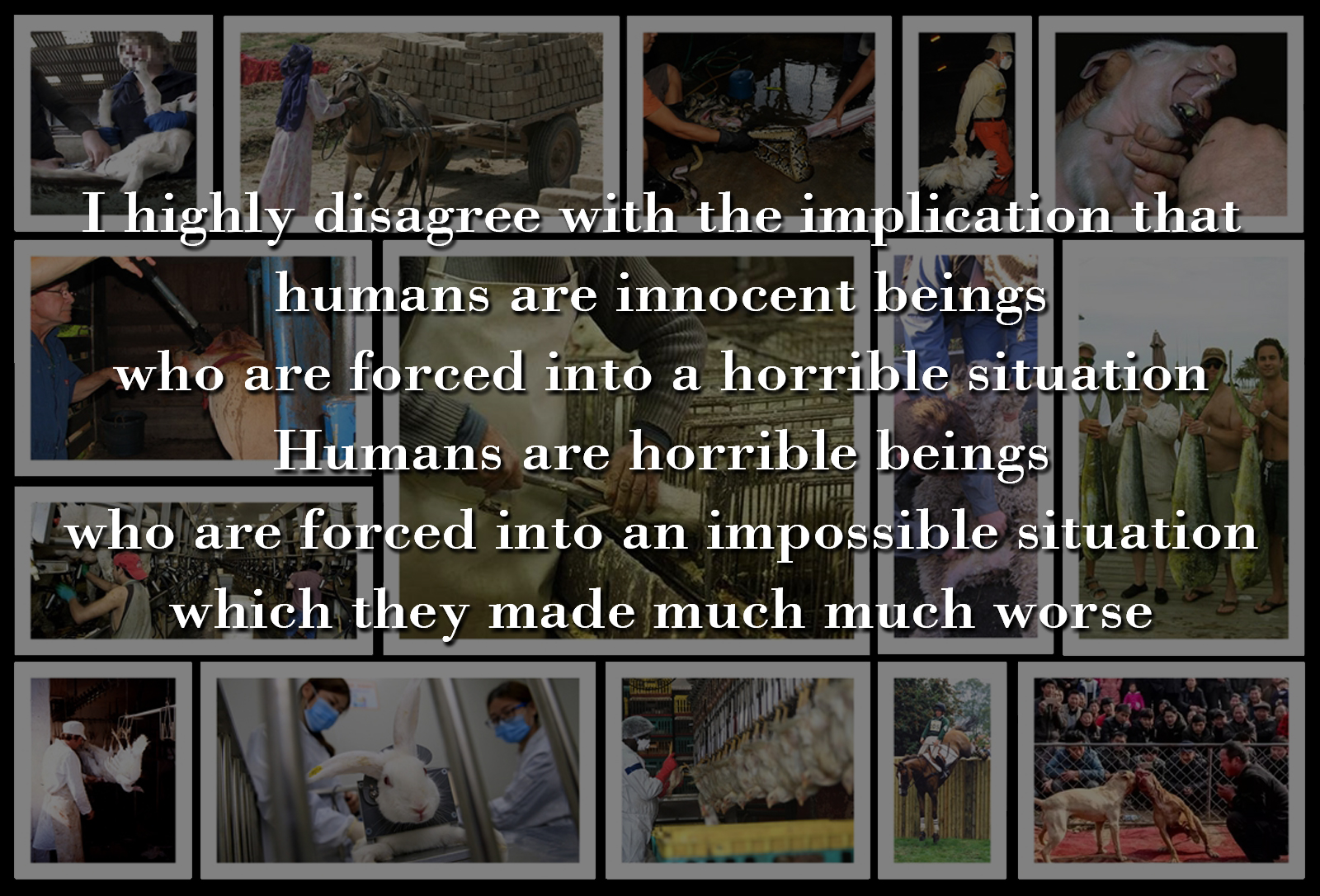

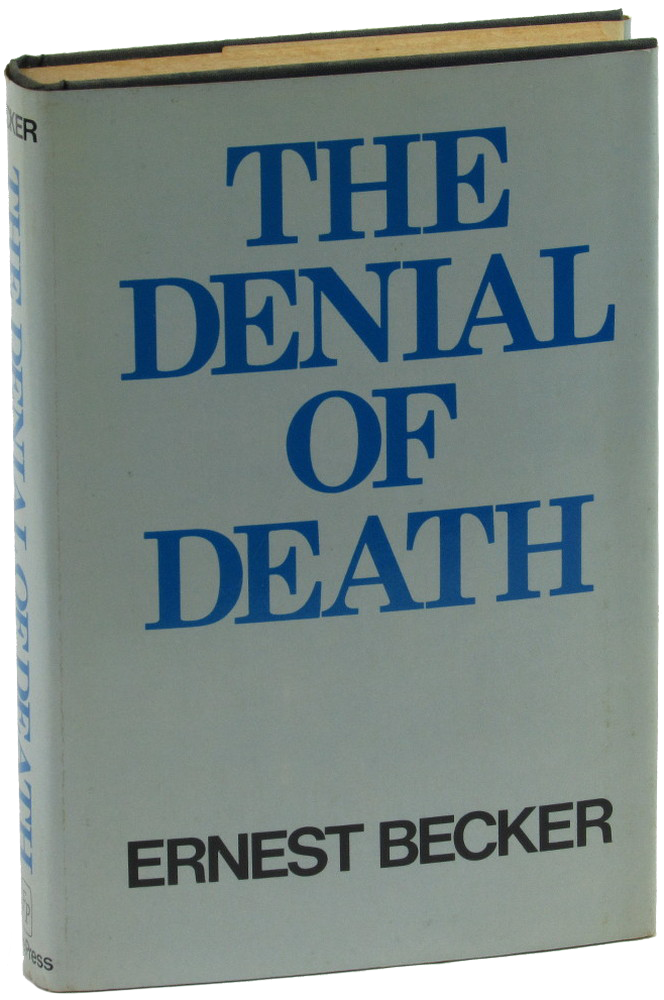
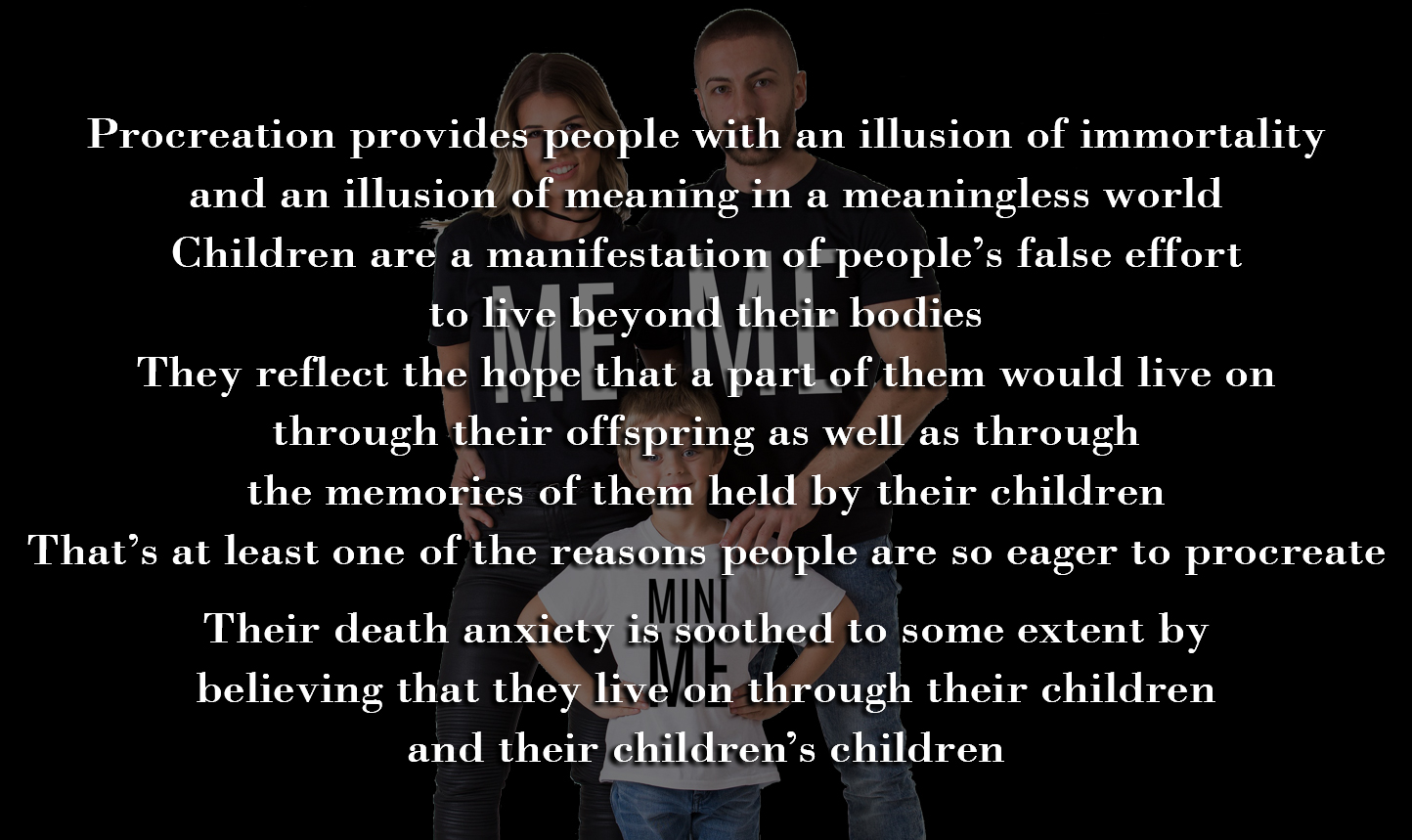


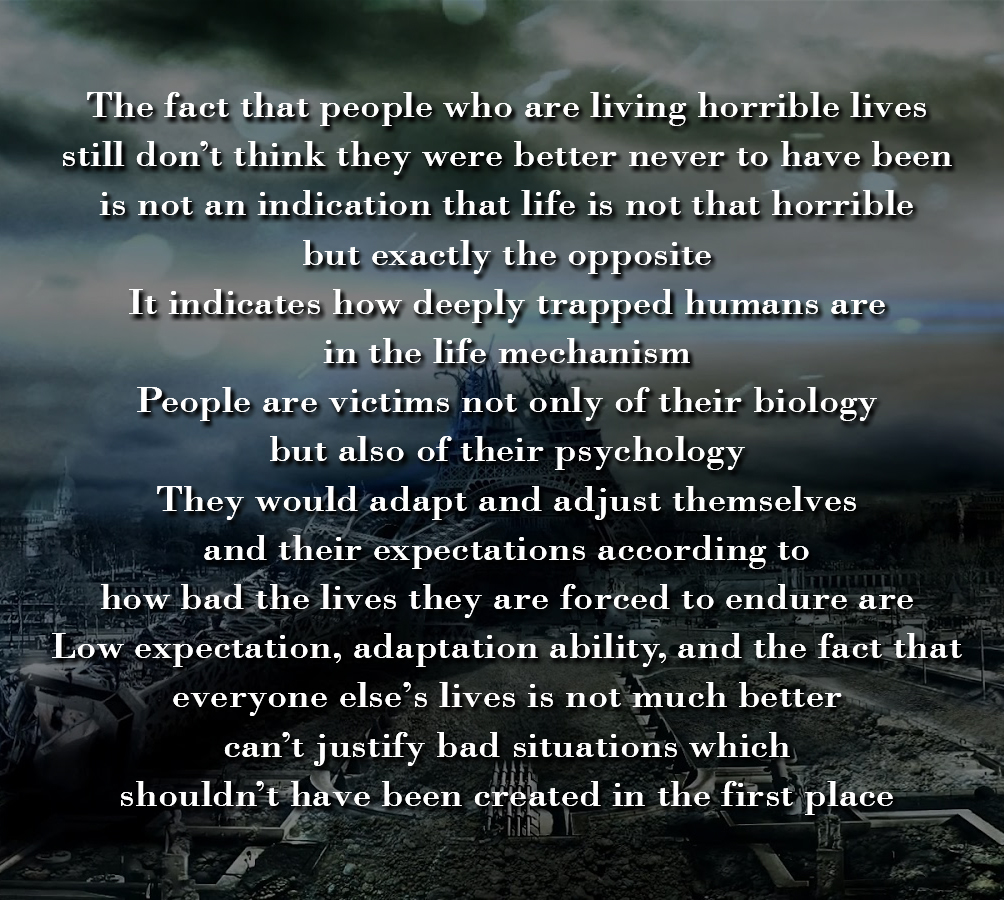
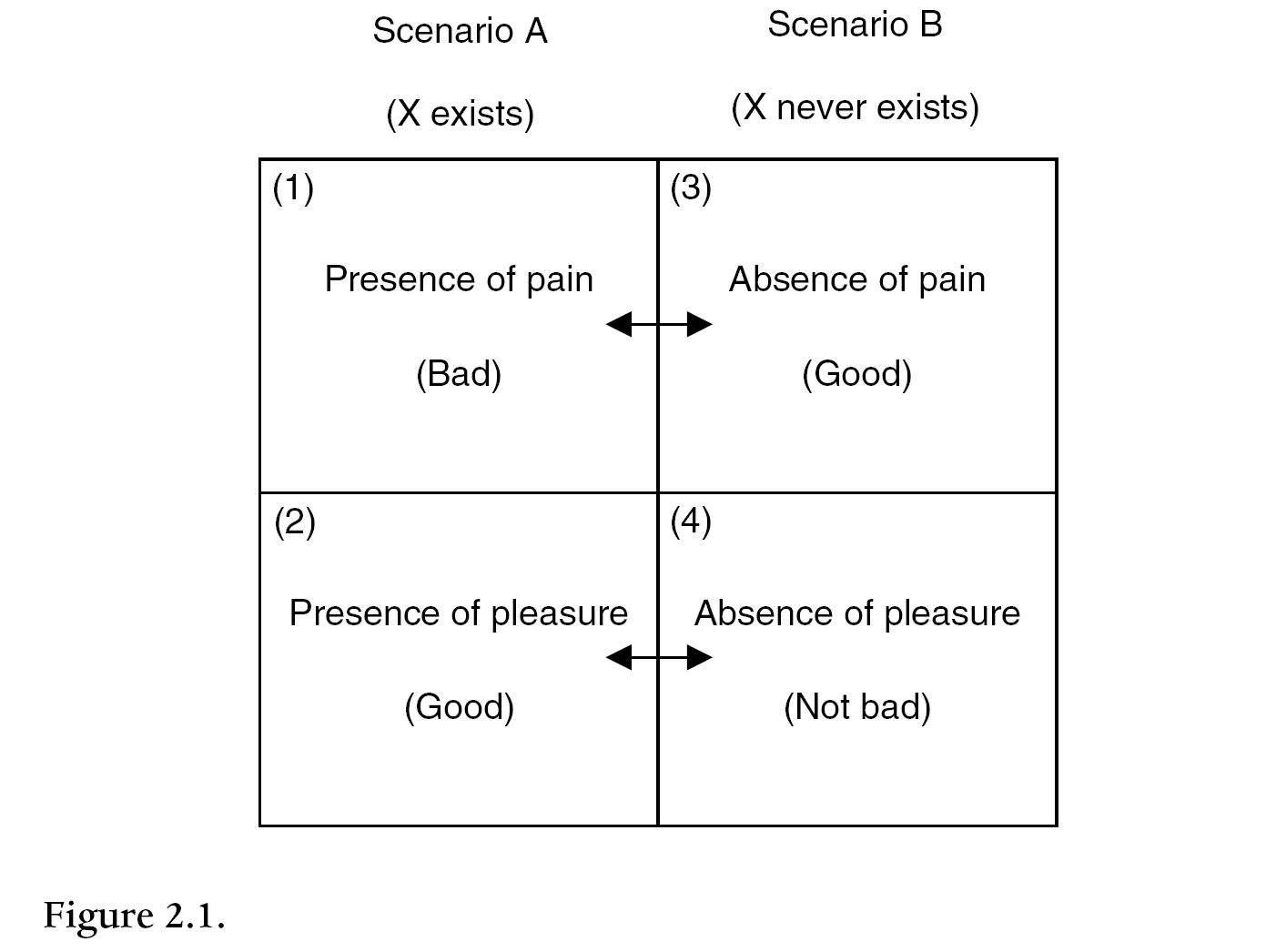
Recent Comments